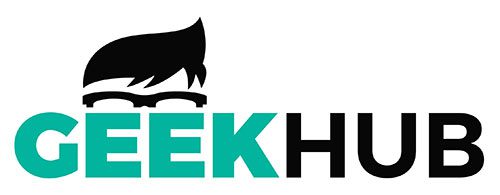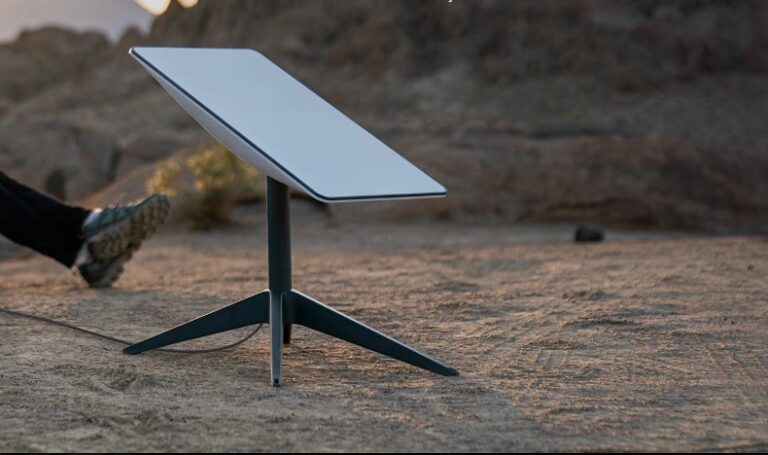As Starlink’s internet service aims to make waves in Africa, its journey into South Africa has been anything but smooth sailing.
Initially slated to kick off in 2023, Elon Musk’s brainchild has found itself caught in a web of regulatory red tape and drawn-out negotiations, leading to an indefinite delay in its South African launch.
For a company with aspirations of conquering space, the terrestrial challenges of navigating South Africa’s complex regulations have posed a major hurdle.
With no official launch in sight, Starlink recently announced it would cut off connections for individuals and businesses using its service in unauthorized areas. This disconnection will affect those roaming customers who registered their kits outside of South Africa but have been accessing the service within the country, where Starlink currently operates without a license.
The speculation is that Starlink’s licensing troubles stem from the tough stipulations in the country’s Electronic Communications Act, which requires 30% black ownership for any company wanting to operate here—a challenge that has proven to be a sticking point for the satellite service.
However it seems that South African President Cyril Ramaphosa is now stepping in to get us into orbit. Recently, President Cyril Ramaphosa revealed that he met with Elon Musk to discuss potential investments in the country. These discussions included the desire for Starlink to bring its satellite internet service to South African citizens.
“I’ve spoken with Elon, and I told him, you’re successful and investing in various countries; I want you to come home and invest here,” Ramaphosa shared with the press, indicating that further discussions are on the horizon.
Regulatory Hurdles
Despite these promising talks, the South African government has faced criticism for allegedly stalling Starlink’s operating licence. The nation is perceived as lagging in adopting connectivity supported by Low-Earth Orbit (LEO) satellites, especially when compared to its neighbours. Just last week, Zimbabwe successfully launched Starlink services after receiving its licence three months prior.
Starlink’s relationship with South Africa has been contentious. The Independent Communications Authority of South Africa (ICASA) has recently initiated consultations on a new licensing framework for satellite services, a significant shift from its earlier stance that importing and selling Starlink terminals was illegal. Former Minister of Communications Mondli Gungubele previously denied that the government was obstructing Starlink’s operations.
One major hurdle for Starlink is South Africa’s requirement that all Electronic Communications Network Service (ECNS) and Electronic Communications Service (ECS) licensees must have at least 30% ownership by historically disadvantaged groups. This stipulation complicates Starlink’s potential entry into the market.
Competing in the Market
Should Starlink gain the necessary licences, it will enter a competitive landscape dominated by established providers like Openserve, Vumatel, Afrihost, MWeb, MTN, Telkom, and Vodacom. It remains to be seen how Musk’s satellite service will stack up against these well-entrenched players.
Success Across Borders
While South Africa grapples with regulatory challenges, Starlink has been successfully expanding elsewhere on the continent. In August 2024, it launched services in Botswana and Ghana, overcoming initial entry hurdles. The launch in Ghana came just a week after the National Communications Authority confirmed that all administrative and licensing procedures had been finalised.
In Botswana, a meeting between Starlink executives and President Mokgweetsi Masisi helped expedite licensing, paving the way for the service to begin. Currently, Starlink is also active in Benin, Nigeria, Rwanda, Malawi, Mozambique, Zambia, Kenya, Madagascar, Sierra Leone, South Sudan, and Eswatini.
Starlink’s journey across Africa is marked by a mix of successes and challenges. With a population of 1.3 billion and only 40% internet penetration—the lowest globally—Africa presents a vast market rich with potential. As the conversation between Musk and Ramaphosa progresses, South Africa’s tech landscape may soon see a significant transformation.

